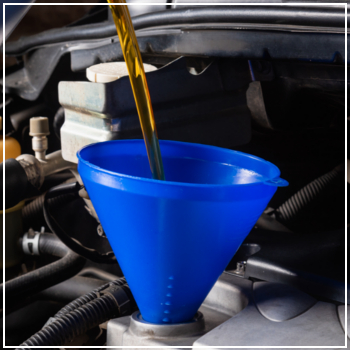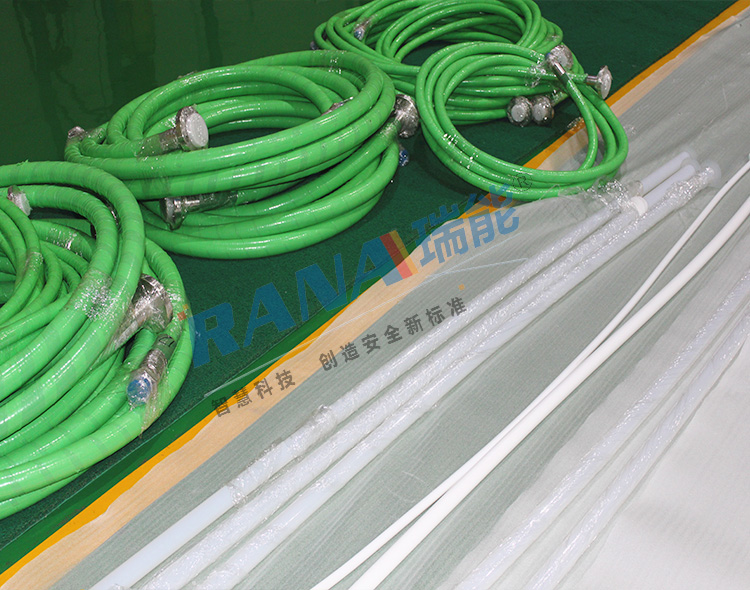Does Your Car Need Synthetic or Conventional Oil?
 Next time you're getting an oil change, you might be asked whether you want conventional or synthetic motor oil. The mechanic might give you some advice based on your car’s model and how many miles it has on the clock.
Next time you're getting an oil change, you might be asked whether you want conventional or synthetic motor oil. The mechanic might give you some advice based on your car’s model and how many miles it has on the clock.
Synthetic oil has become more popular over the years. It used to be mainly for high-performance cars, but now it's a common choice for everyday vehicles because of its low viscosity. This means it flows more easily, which is better for your engine and can even help improve fuel efficiency.
It's estimated that around 70% of new cars use synthetic or a synthetic blend instead of conventional oil. However, conventional oil still has its place, especially for older vehicles or specific situations. Here's what you need to know about both options.
Advantages of Synthetic Oil
Synthetic oil starts with the same base as conventional oil—crude oil—but then it's refined with special additives like castor wax, paraffin, or polyalphaolefin. There are fully synthetic oils and synthetic blends, which mix in some conventional oil to keep costs lower. Both types flow better at cold temperatures, keep your engine lubricated longer, and help remove debris while offering better protection to engine parts.
Here are some reasons why synthetic oil is often the preferred choice:
- Synthetic oil is less likely to break down and can handle higher temperatures, which means it lasts longer.
- It flows more smoothly in cold weather, helping your engine start up faster and run more efficiently.
- Synthetic oil resists evaporation in hot conditions, making it ideal for summer driving.
- It's great for short trips and city driving, where engines don't get enough time to warm up. It helps burn off moisture and prevents sludge buildup, reducing the risk of engine damage.
- For heavy-duty use, such as towing or hauling, synthetic oil provides better lubrication and durability, making it a cost-effective option in the long run.
- Synthetic oil typically lasts two to three times longer than conventional oil, meaning fewer oil changes and less waste. Some brands can go up to 15,000 miles between changes, compared to 3,000 miles for conventional.
- Synthetic oil is less likely to hold onto water or particles that can cause rust and corrosion over time.
Keep in mind that not all synthetic oil changes are the same. Stick to the recommended interval—usually every 5,000 miles—or check your owner's manual for specific guidelines.
When to Choose Conventional Oil
Conventional oil is made from crude oil and has some additives to improve heat resistance and viscosity. It’s generally cheaper than synthetic oil, though the price difference can vary depending on the brand and type. While synthetic may be the go-to choice for many, conventional oil can still be the right option in certain situations:
- Older vehicles, as they were designed to work best with conventional oil. In some cases, this may offer better performance and protection.
- Cars with under 75,000 miles. At this point, engines are less prone to wear, and conventional oil can perform well without causing damage.
However, there are downsides to using conventional oil, especially if you live in a colder climate or drive in stop-and-go traffic. It tends to degrade faster and doesn’t warm up as quickly, which can lead to:
- More frequent oil changes, ideally every 3,000 miles.
- Increased risk of engine clogs and deposits.
- Extra strain on your engine during cold starts, which only improves once the car warms up.
- More likelihood of holding onto dirt and moisture, which can speed up engine wear if you delay oil changes.
If you're due for an oil change, consider booking an appointment with DaSilva’s Auto Body. Visit our Naugatuck location today and keep your car running smoothly.
RANA Fluoropolymer Flexible Hoses are all manufactured by advanced lining technology, which are widely used in chemical industries, our flexible hoses can meet a high purity quality demand in semiconductor industries.

RANA is dedicated to perfecting the using experinces through continuous innovation, offering the highest quality PTFE flexible hoses and PFA flexible hoses, and executing impeccable standards of production.
Pfa Lined Flexible hose,PTFE Lined Convoluted Hose,Fluoropolymer Flexible Hose,PTFE lined flexible hose,PFA hose
JIANGSU RANA FLUORINE MATERIAL TECHNOLOGY CO., LTD , https://www.ranatank.com